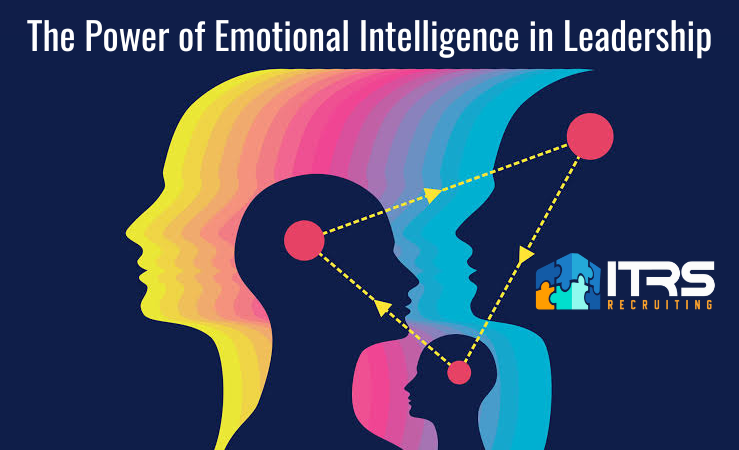Leading with Heart: Unleashing the Power of Emotional Intelligence in Leadership
Emotional intelligence is a powerful trait in leaders. It allows them to understand and manage their emotions and those of others, leading to better communication, conflict resolution, and overall team performance. When leaders harness their emotional intelligence effectively, they can positively impact their teams, creating a more supportive and productive work environment.

Emotional intelligence (EI) comprises several key components:
1. **Self-awareness:** Leaders with high EI are aware of their emotions, strengths, weaknesses, values, and goals. This self-awareness allows them to understand how their emotions can influence their behavior and decisions.
2. **Self-regulation:** Effective leaders can manage and regulate their emotions, preventing impulsive reactions and making more thoughtful decisions. They are adept at handling stress, remaining calm under pressure, and controlling disruptive emotions like anger or frustration.
3. **Empathy:** EI involves the ability to understand and empathize with the emotions, needs, and perspectives of others. Leaders with high empathy can connect with their team members on a deeper level, fostering trust, collaboration, and a sense of belonging.
4. **Social skills:** Leaders with strong social skills excel in communication, conflict resolution, teamwork, and relationship building. They are persuasive, good listeners, and can navigate social situations with ease, leading to more effective leadership and greater team cohesion.
The impact of emotional intelligence on leadership is significant:
– **Improved communication:** Readers with high EI communicate more effectively, listen actively, and convey their messages with clarity and empathy. This leads to better understanding, fewer misunderstandings, and stronger relationships within the team.
– **Enhanced decision-making:** EI enables leaders to make better decisions by considering both logical reasoning and emotional insights. They can weigh the impart of their decisions on team morale, motivation, and well-being, leading to more balanced and thoughtful choices.
– **Conflict resolution:** Leaders with EI can navigate conflicts constructively, address in issues with empathy, respect, and fairness. They seek win-win solutions, foster open dialogue, and promote a culture of collaboration and problem-solving.
– **Building trust and loyalty:** High EI leaders inspire trust and loyalty among their team members by being authentic, transparent, and empathetic. They create a psychologically safe environment where people feel valued, heard, and motivated to contribute their best.
– **Increased resilience:** EI helps leaders bounce back from setbacks, adapt to change, and maintain a positive attitude during challenging times. They can inspire and motivate their teams, fostering resilience and a growth mindset within the organization.
In essence, leaders with high emotional intelligence have a profound impact on organizational culture, employee engagement, and overall performance. They create inclusive, supportive, and thriving work environments where people can excel and reach their full potential.
